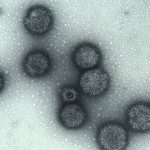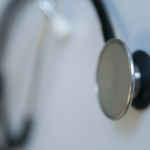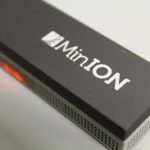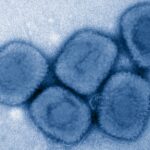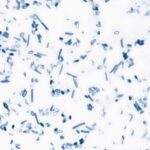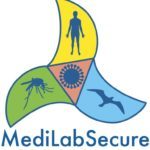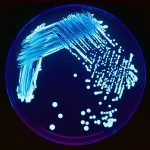The Laboratory for Urgent Response to Biological Threats (CIBU) was created at the end of 2002 at the instigation of the Director General of Health (DGS) and the Director General of the Institut Pasteur, in order to respond to ‘specialised biological emergencies’. These emergencies can be epidemics, accidents or the potential use of biological weapons, all of which threaten public health.
Within this framework, CIBU undertakes to:
- Respond to microbiological emergencies 7 days a week, 24 hours a day.
- Have the scientific and technical capacity to detect and identify infectious agents covered by public health plans, class 3 and 4 agents in conjunction with the CNR for Viral Haemorrhagic Fevers and other infectious agents in support of the CNRs in the event of exceptional epidemics.
- Respond to the emergence of infectious agents by developing an operational capacity to detect and identify unknown agents, developing innovative techniques for the rapid identification of unknown agents within the limits of the resources available to it, and developing multiplex and/or rapid analysis techniques for the detection of a panel of pathogens of interest.
- Monitor innovations in pathogen diagnostics.
- Manage the enhanced level 3 high-security laboratory.
- Mobilise international expertise in the event of an emergency threatening the country’s health security.
- Inform the DGS immediately in the event of the detection of any unusual phenomenon likely to have an impact on public health.
- Advise the DGS on all microbiological issues.
CIBU has 3 divisions:
- The Bacterial Identification Pole (PIB), responsible for identifying bacteria using molecular biology techniques.
- The Viral Identification Pole (PIV), responsible for identifying viruses, mainly using molecular biology and cell culture techniques.
- The Pathogen Genotyping Pole (PGP), responsible for characterising pathogens using sequencing (Sanger, Illumina and MinIon technologies) and detection by infectious metagenomics.
It operates 24 hours a day, 7 days a week, to detect and identify a wide range of pathogens, in particular the following:
- Bacteria: agents of anthrax, plague, tularemia, melioidosis and glanders, etc.
- Viruses: detection of class 4 agents Ebola, Marburg, Crimea-Congo, Lassa and Nipah without amplification of the infectious agent; detection of influenza viruses A(H5N1) and A(H7N9), SARS and MERS coronaviruses, human pathogenic orthopoxviruses (MPVX, smallpox, etc.), arboviruses……
A wide range of other infectious agents can be detected and identified at the CIBU, in non-emergency situations.
In addition to its intervention, diagnosis and identification activities, the CIBU is attached to the Environment and Infectious Risks Unit, with research activities directly linked to its core missions.
Dedicated website : http://www.pasteur.fr/cibu


